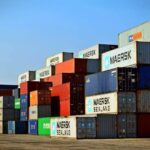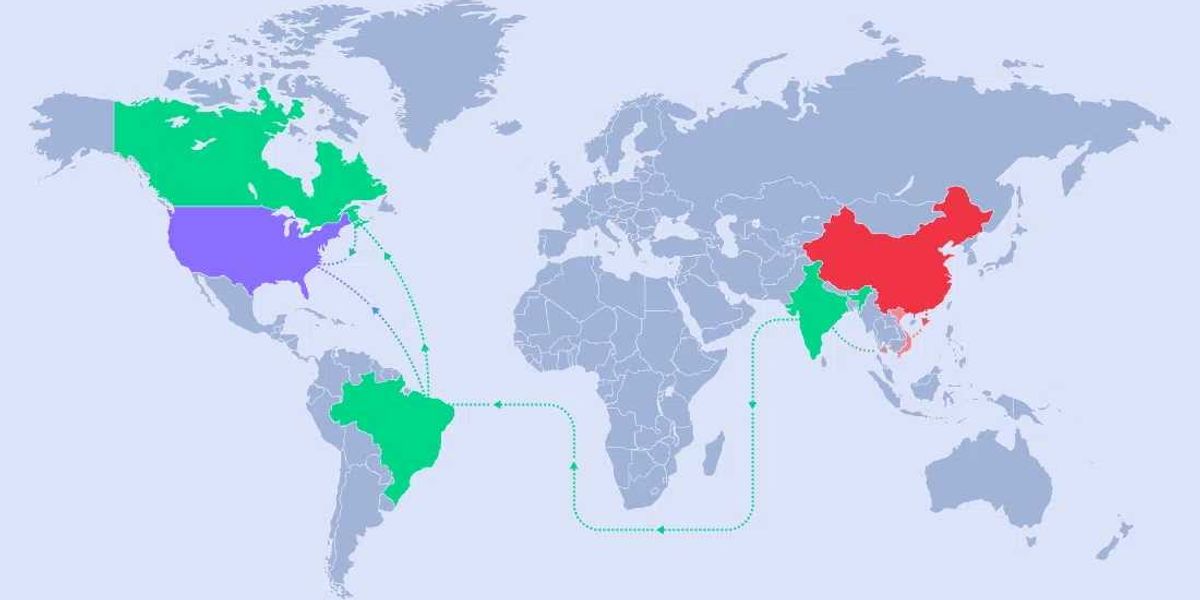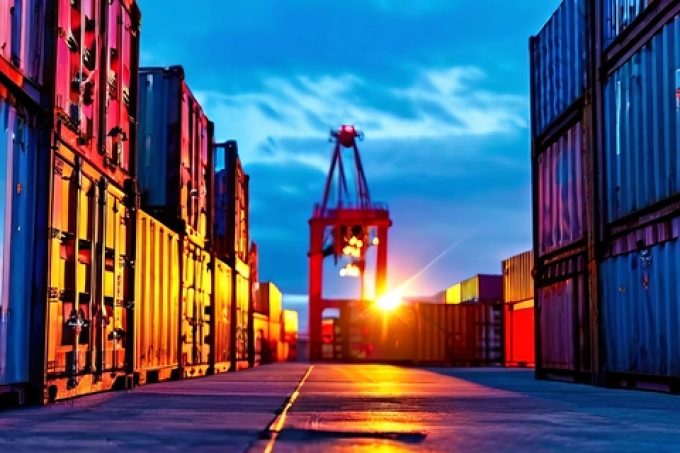
US Customs and Border Protection (CBP) will use artificial intelligence (AI) to help it detect illicit shipments, the practice of manipulating supply chains to hide a product’s true country of origin.
CBP says some organizations use transshipment to evade tariffs, trade restrictions and sanctions. To prevent the practice, the agency has now awarded a “multi-million-dollar contract” to Exiger, a McLean, Virginia-based company that provides artificial intelligence technology to the supply chain. Specifically, Convergent Solutions Inc., doing business as Exiger Government Solutions, will provide Customs and Border Protection enforcement offices and personnel across the United States with access to Exiger’s AI platform and data to identify illicit shipments at scale and in real-time.
“Billions of dollars’ worth of global trade moves through illicit shipping channels that seek to bypass U.S. restrictions,” Exiger CEO Brandon Daniels said in a statement. “CBP’s primary mission is to enforce America’s trade and forced labor laws, thereby helping to ensure that American manufacturers and workers compete on an equal footing.”
According to Exiger, some transshipments are routine and legitimate, and occur when goods are transferred between ships or routed through third countries as part of normal logistics operations. But illicit ship transportation occurs when goods are deliberately rerouted through intermediate countries or facilities to hide their true origin. This practice, sometimes referred to as “base of origin laundering,” is commonly used to evade tariffs, antidumping and countervailing duties (AD/CVD) restrictions, sanctions, and other trade restrictions such as forced labor import bans. Transit companies exploit opaque supply chains and foreign investment structures to hide this activity, resulting in lost tariff revenues for governments and hidden compliance, reputational and security risks for the industry.
The company says its platform can detect illicit shipments by examining billions of shipping records, resolving entities across hundreds of millions of organizations, and detecting AI-powered anomalies to reconstruct trade routes at a granular, transaction-by-transaction level. This approach allows them to link shipments to ultimate beneficial owners and detect relationships with state-owned enterprises, sanctioned parties, or risks of forced labor.










